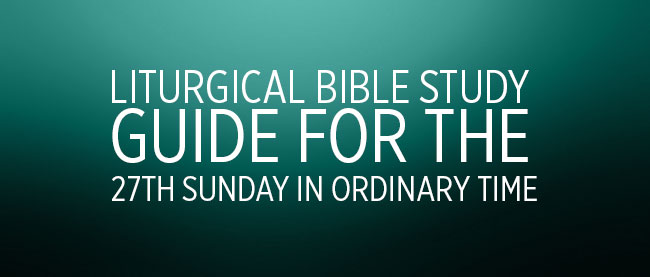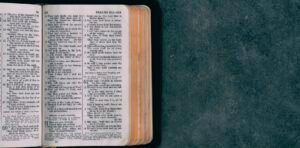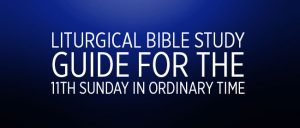1st Reading – Habakkuk 1:2-3, 2:2-4a
Very little is known about the prophet Habakkuk. Even the meaning of his name is uncertain. From his writings some have deduced that he was a member, possibly a leader, of the temple choir. One might date his writings between the defeat of Neco by Nebuchadnezzar at Carchemish (605 B.C.) and the siege of Jerusalem (597 B.C.). This places Habakkuk shortly after Nahum and makes him a contemporary of Jeremiah.
Our reading today is a curious mixture. In his book, Habakkuk poses two complaints to God and receives two answers. What we hear today is from the first complaint and the second answer. The first complaint is that there is no justice while the second complaint is about continued oppression.
2nd Reading – 2 Timothy 1:6-8, 13-14
Having completed our study of 1st Timothy last week, we now start 2nd Timothy. As you will recall, Timothy is the pastor (bishop) at Ephesus. This second letter was written during Paul’s imprisonment in Rome shortly before his martyrdom in the year 67. This letter is, therefore, his last. Foreseeing his approaching end, Paul writes to his favorite disciple to give him final instruction and encouragement. He must not be ashamed of the gospel he tells him, nor of Paul, prisoner of Christ, for the gospel brings salvation, grace and light, and Paul is proud to be its messenger.
Gospel – Luke 17:5-10
In our readings during these weeks of Ordinary Time, we are accompanying Jesus as He journeys toward Jerusalem and His passion. The past six weeks have focused our attention on readings which pointed out the opposition to Jesus and His disciples. Luke now returns to the subject of renewal, focusing on the inward renewal of the disciples.





